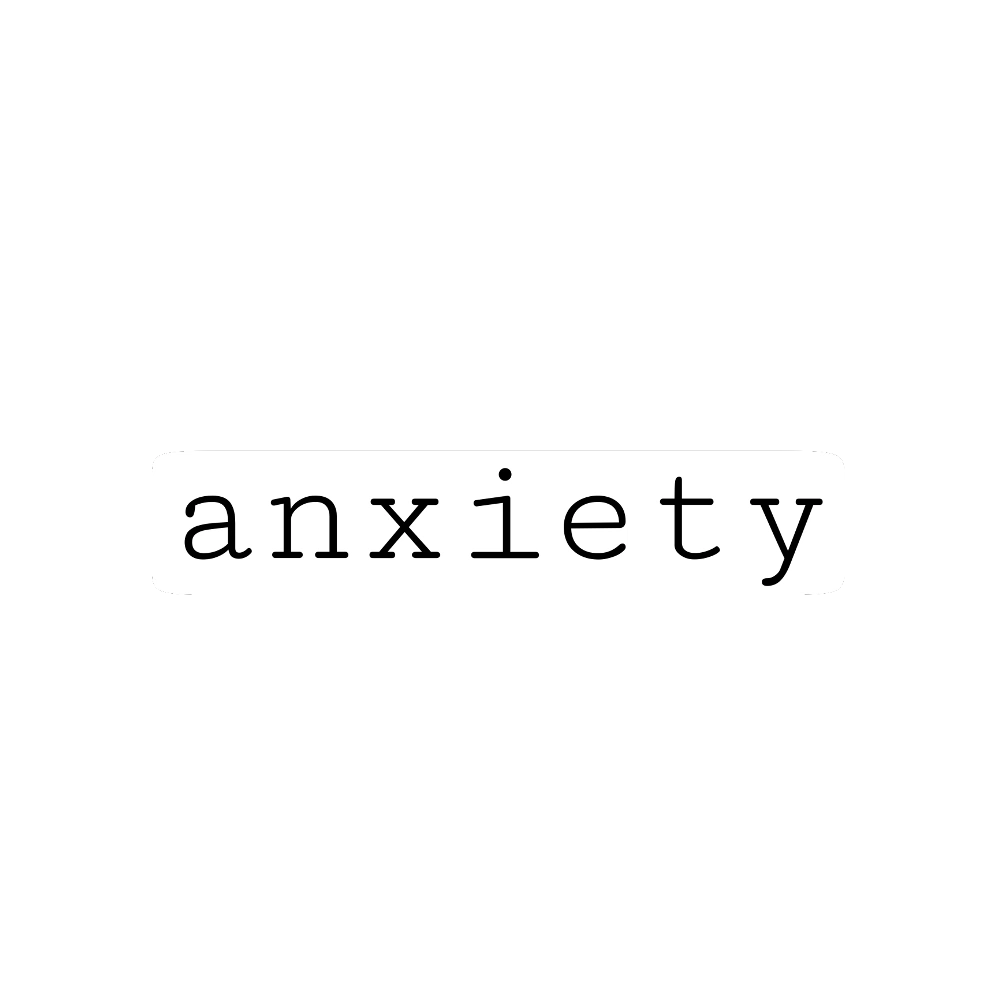Anxiety. The word alone can make us uncomfortable, conjuring up aversive emotions, tricky thoughts and unpleasant sensations. It is understandable that we would rather not experience it, but we actually need some anxiety. It is part of our evolutionary inheritance, helping us respond effectively to perceived threats and challenges. It can help us focus at testing times such as an exam or job interview and it can motivate us to work out solutions to potential setbacks.
However, anxiety can become more pervasive and problematic. It can distort our perception, becoming the prism through which we view our life and experiences. This process happens incrementally, with the anxiety response arising more regularly and severely, creating a vicious cycle of further distress. The more situations and experiences we perceive as threatening, the more anxious we feel and the more anxious we feel, the more we will find threatening. This process might sound familiar – anxiety like this is quite common and it can dictate our mood and behaviour.
The good news is that we can learn to manage our own response to anxiety and there are some effective tools for helping us with that, bringing long term relief. For example, rather than experiencing anxiety as an enemy to be defeated, we can learn to view anxiety as something that requires attention. We can learn to familiarise ourselves with the experience of anxiety and take back agency and control over how we choose to respond. This strategy combines “in-the-moment” practical actions to reduce anxiety when it hits and longer-term strategies to reduce anxiety in the long run.
Another way to address anxiety is to learn how thoughts, especially unhelpful thinking patterns, are the fuel in our mind that feeds anxiety. These thoughts interpret our experience through absolutes, (eg “I’m not good enough”, “this could go disastrously wrong” or “I am a failure”) and we can then learn how to relate differently to these destructive thoughts and negative thinking patterns, thereby defusing their impact on us.
The key to overcoming pervasive anxiety is to learn more about what effective tools are available and understand how to put them into practice.
If you or someone you know struggles with pervasive anxiety, you may be interested in our four-part course called Facing Anxiety and Flourishing. The course is one hour per week for four weeks, and is online, instructor led and immersive. The course teaches practical skills and techniques from mindfulness, cognitive behavioural therapy, compassionate mind training, emotional intelligence and wellbeing coaching, all tied together in a supportive and non-judgemental environment.
If you are struggling with anxiety, this course will provide you with the skills you need to develop resilience in the face of anxiety, help you to be liberated from patterns of behaviour that sustain anxiety, and to flourish even in challenging times.
The Facing Anxiety and Flourishing course runs monthly throughout the year and costs £180 per person for the four parts, materials and lifetime access to the Mindfulness UK app.


